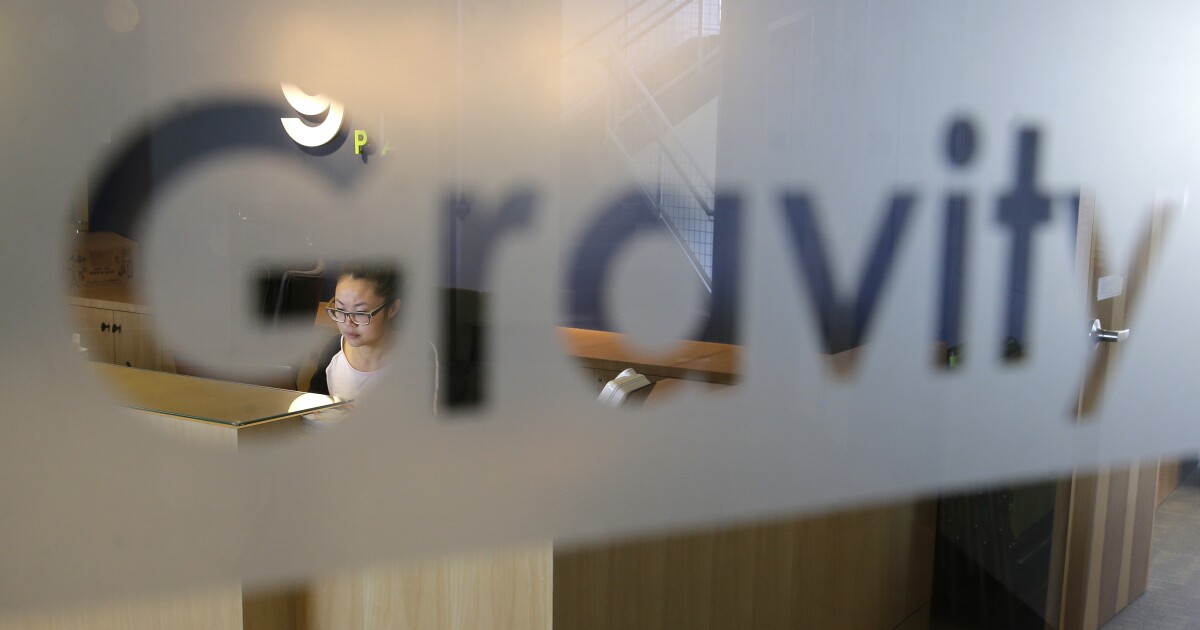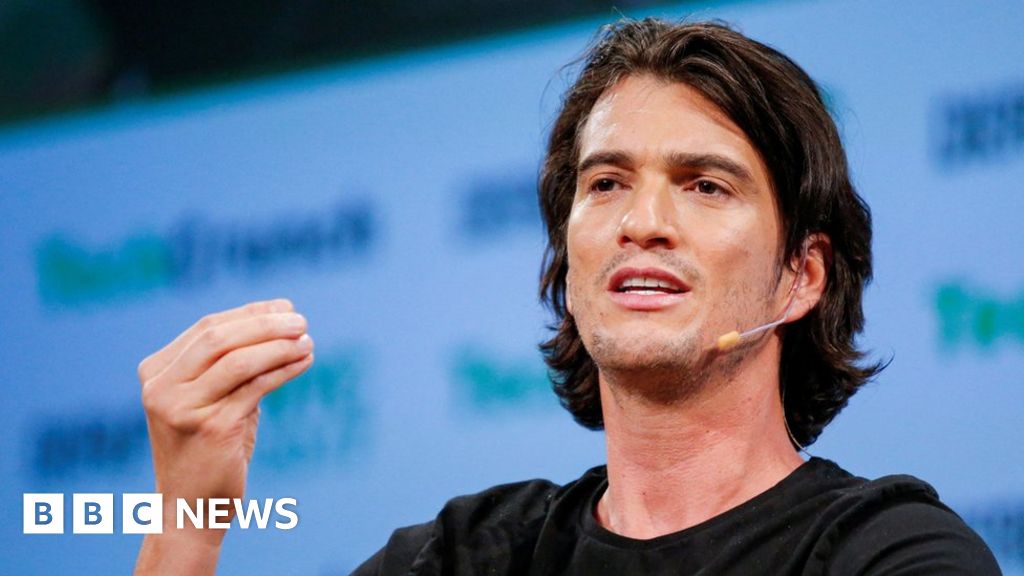What's with our unhealthy obsession with 'disruption'?
Most useful innovations are not created by rockstars or generate any kind of public attention.
According to many, the only kind of innovation that matters is disruption.
Disruption stories make for juicy headlines, disruptive characters fire up our imaginations and kinda give us that enjoyment that somebody told the ol' guard in charge that 'there is a better way.'
Instead of valuing steady, evolutionary progress, which builds on the ideas of the past, we have an unhealthy obsession with revolutionary-minded individuals (who are usually white and male) who promise the world 'that they alone can save us', by radically discarding the past and forging a brand new path forward.
These are people who famously didn't go to university - or they triumphantly and proudly dropped out; 'because who the hell are these thinkers from the past and why should they be listened to by me?'

People like Elon Musk, Donald Trump, Boris Johnson, Jeff Bezos, Bill Gates, Elizabeth Holmes, Adam Neumann, Dan Price - 'disruptors' who claim to be revolutionary, but sadly many of whom are actually just very good at self-promotion.
Today’s innovators carefully cultivate the image of people who are prepared to live dangerously, going close, or even over, the edge in everything that they do. Musk, in particular, is famous for the scope of his disruptive ability. But his over-the-top public performances — whether he’s engaging in antics on Twitter or sailing close to the financial wind — are calculated to reassure as much as challenge. They’re a way of reminding everyone of who he is — that his capacity to transgress is the measure of his capacity to innovate profitably.
A new kind of modern-day celebrity - or perhaps superhero is a more appropriate term - disruptive individuals who have replaced society's recognised institutions, because of a steady erosion of public trust in those very institutions over the decades.

Yet as mesmerising as it is to believe in the fairy tale of a gifted superhero who has come to magically save the world - our obsession with this kind of idol-worshiping is incredibly dangerous.
These individuals are granted the power to create solutions, which tend to benefit just themselves, rather than the greater good that they publicly proclaim. Their imaginative images of the future - although compelling - lull people into a false sense of progress, distracting us from solving the real issues plaguing the majority of people.
We wholeheartedly buy into a single vision of the future - that of the individual 'inventor' who forges a new course uncharted by thinkers and institutions that have gone before.
Of course this kind of obsession with the disruptive individual is not new.
The Tesla Syndrome
Nikola Tesla might not have been the first innovator to embody the notion of invention as disruption, but he was certainly a key and decisive figure in its origins. Tesla himself was an assiduous self-promoter — and self-promotion like this was central to the business of invention throughout the 19th century.
But the image of himself that Tesla promoted was a very specific one. He was an iconoclast, an outsider with an unusual mind who could see things in new ways because of his difference. “I am credited with being one of the hardest workers and perhaps I am,” he wrote of himself, “if thought is the equivalent of labor.” But “if work is interpreted to be a definite performance in a specified time according to a rigid rule, then I may be the worst of idlers.” His success as an inventor-entrepreneur, in his own view, at least, (though it may be worth remembering that he died destitute) lay in this ability to break with established routine.
Of course disruptive innovation captures the news headlines and make celebrities out of its creators, but most innovation is not sexy or flashy or worthy of lots of attention. That doesn't mean that it's not useful or worthy; or that its creators are not gifted.
The problem is that innovation that is seen to be less fashionable struggles to attract funding, or headlines or excitement.
Credible and noteworthy work that results in improved infant mortality in developing regions of the world gets overshadowed by the story of Jeff Bezos being powered into space on his own personal rocket.
You can see how this kind of narrative inequality might be used by the rich and powerful to fuel their own propaganda machines.
Next time you feel the urge to share yet another Elon Musk story or feel outraged about the next Trump headline - remember the Tesla story.
Self-serving progress is not the only way to change the world.
This idea is explored in far more detail by Iwan Rhys Morus here - and is well worth a read.
More:








